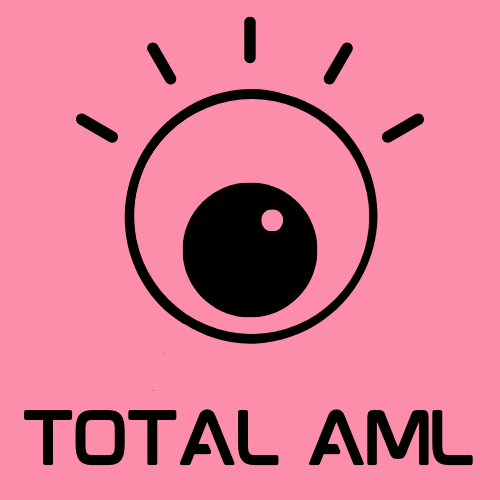Suspicious Activity Report
Summary
Suspicious activity reports (SARs) play a critical role in identifying and preventing money laundering and terrorism financing. When you encounter suspicious activity, it's important to act quickly and accurately.
If you spot a red flag or an inconsistency in your customer behaviour or transactions, the first thing to do is to conduct an investigation, which can include, adverse media/internet searches, review of the customer’s transaction history, and asking questions to the customer (if possible).
Once the investigation is complete two things can happen.
You assess that the activity is not truly suspicious. In that case, you should note down in your systems the reasons why you believe that the activity is not suspicious.
You confirm that the activity is suspicious and you have three working days to submit a SAR.
It’s important to remember that suspicion is not speculation. Let’s say, for example, you spot a red flag on Monday and promptly start your investigation. It might take a couple of days to complete the investigation and you can objectively form a suspicion on Wednesday. The countdown for the three working days starts on Wednesday,
